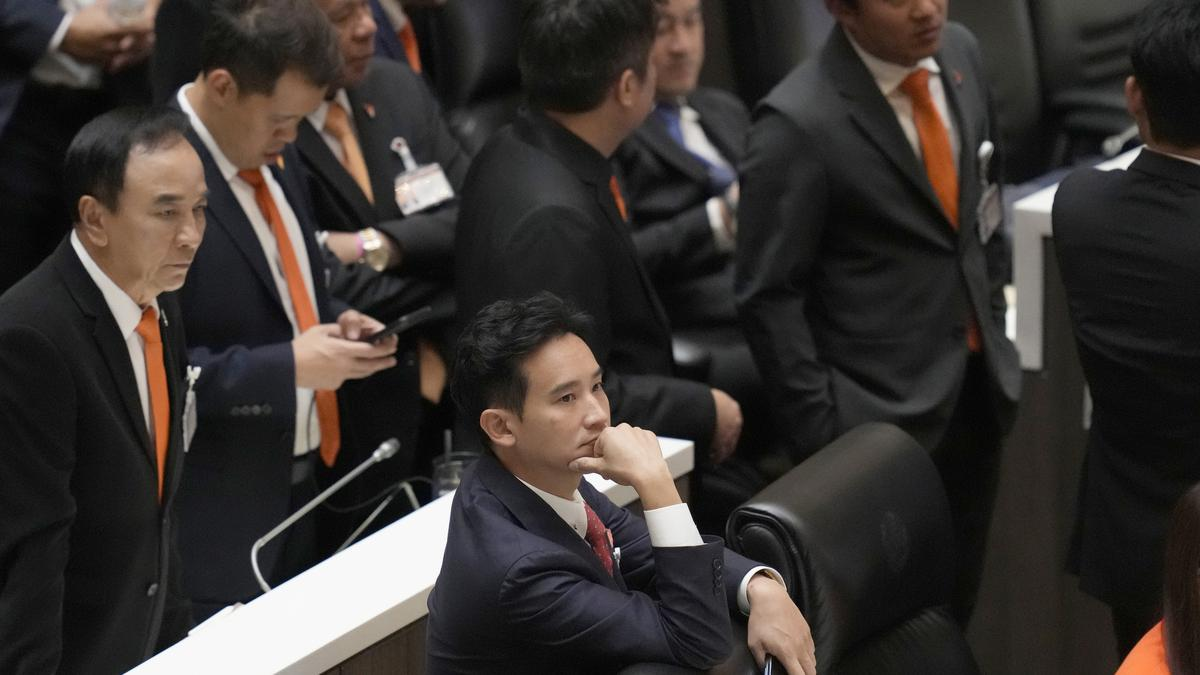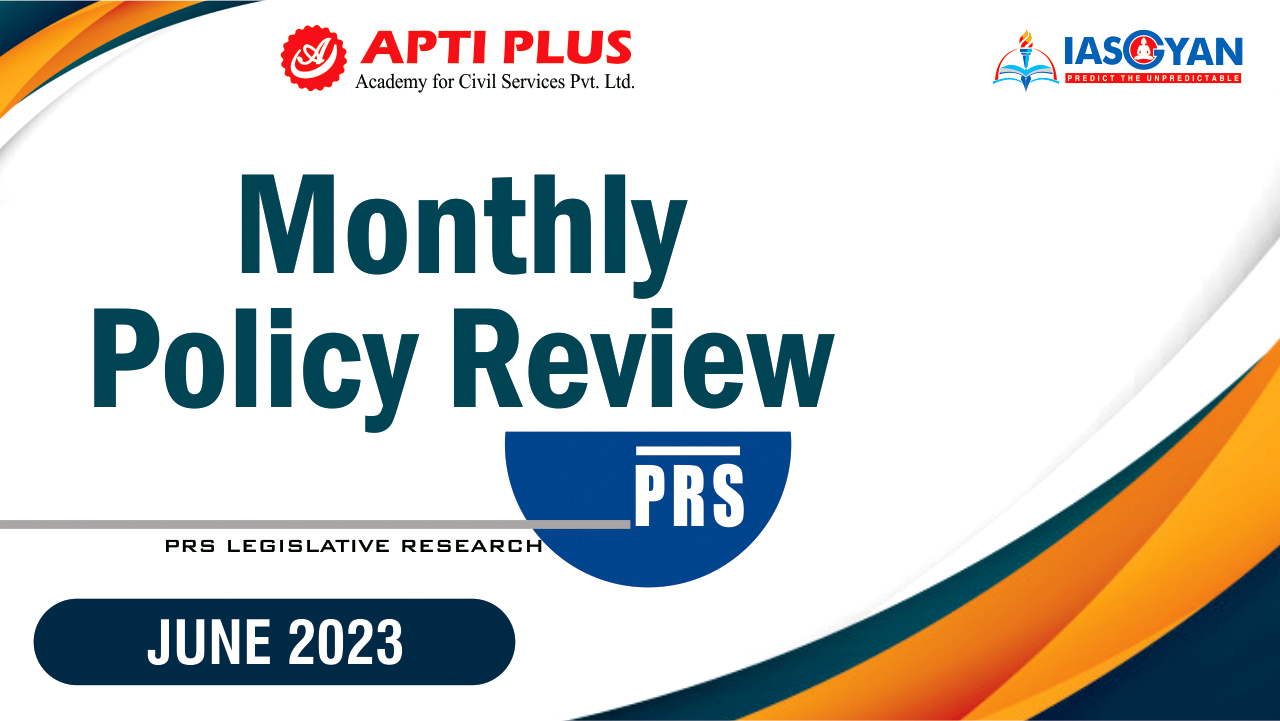Description

Disclaimer: Copyright infringement not intended.
Context
The recent rejection of Pita Limjaroenrat's bid to become the prime minister of Thailand.
Details
- Pita Limjaroenrat, a reformist, failed to secure the necessary votes to become Thailand's prime minister.
- Despite winning the popular vote in the May election, Pita's coalition did not have enough parliamentary support.
- Voters rejected the army-backed rule under Prayut Chan-o-cha, who took power in a 2014 coup.
Pita's Unsuccessful Bid
- Pita's coalition fell short of the required 375 parliamentary votes to elect him as the 30th premier.
- Conservative MPs and junta-appointed senators did not support Pita, making the outcome inevitable.
- Pita expressed determination to strategize and win a potential second round of voting.
Uncertain Path Forward
- The Thai parliament will continue voting until a prime minister is elected.
- Parliamentary suspension and legal cases against Pita and his party complicate his path to power.
- The house speaker has not announced the date for the next vote, leaving the situation unclear.
Tensions and Past Protests
- Tensions were high during the parliamentary vote, with security measures in place to deter demonstrations.
- Three years ago, massive pro-democracy protests erupted in Bangkok after the dissolution of Pita's party's predecessor.
- Supporters voiced their right to protest and express their opinions as a democratic country.
Reformist Agenda and Opposition
- Pita's reformist agenda, including proposed changes to royal defamation laws and business monopolies, faces opposition.
- Conservatives and the establishment object to the MFP's plans for reform.
- Pita's loss may create difficulties for his coalition and raises questions about potential alternative candidates.
Allegations and Challenges
- Pita faced allegations of breaking campaign rules, leading to a recommendation for his suspension from parliament.
- The Election Commission investigated Pita's ownership of shares in a prohibited media company.
- The MFP labeled the recommendation as an "abuse of power," claiming the shares were inherited.
Constitutional Court Case
- The Constitutional Court accepted a case alleging that the MFP's promise to tackle royal defamation laws aims to "overthrow" the constitutional monarchy.
- The party has two weeks to present their defense against the allegations.

About Thailand
- Location: Southeast Asia, bordered by Myanmar, Laos, Cambodia, and Malaysia.
- Capital: Bangkok
- Population: Approximately 69 million people
- Official Language: Thai
- Government: Constitutional monarchy
Political History
- Thailand was formerly known as Siam and transitioned from an absolute monarchy to a constitutional monarchy in 1932.
- The country has experienced periods of military rule, with several coups in its modern history.
- Protests in recent years have called for democratic reforms and challenged the influence of the military.
Economy
- Thailand has a diverse economy and is considered one of the "Tiger Cub Economies" in Southeast Asia.
- Major industries include tourism, manufacturing, agriculture, and services.
- Thailand is known for its export-oriented economy, particularly in automotive, electronics, and textiles.
- The country is a popular tourist destination, renowned for its cultural heritage, beaches, and vibrant cities.
Culture and Society
- Buddhism: Predominant religion in Thailand, shaping its cultural traditions and values.
- Thai Cuisine: Renowned for its unique flavors and use of fresh ingredients, including dishes like pad Thai, green curry, and tom yum soup.
- Festivals: Colorful festivals like Songkran (Thai New Year) and Loy Krathong (Festival of Lights) showcase Thai traditions and customs.
- Respect for Monarchy: The Thai monarchy holds great reverence and respect from the Thai people.
Tourism and Landmarks
- Bangkok: Vibrant capital city with a mix of modern skyscrapers and historic landmarks like the Grand Palace and Wat Arun.
- Chiang Mai: Cultural hub in the north, known for its temples, night markets, and the annual Yi Peng Lantern Festival.
- Phuket: Famous for its stunning beaches, water activities, and vibrant nightlife.
- Ayutthaya: Historical city and UNESCO World Heritage Site, featuring ancient ruins and temple complexes.
.jpg)
Challenges and Issues
- Political Stability: Ongoing challenges and debates around political stability, democratic governance, and military influence.
- Human Rights: Concerns raised regarding freedom of expression, media freedom, and human rights issues.
- Southern Insurgency: Southern provinces of Thailand have faced a long-standing insurgency issue.
- Economic Disparities: Disparities between urban and rural areas, income inequality, and access to resources and opportunities.
International Relations
- Thailand is an active member of regional organizations such as ASEAN (Association of Southeast Asian Nations).
- Maintains diplomatic ties with major powers like the United States, China, and Japan.
- Thailand has strong economic ties with neighboring countries and international partners.
|
PRACTICE QUESTION
Q) Consider the following statements about Thailand:
- The prime minister of Thailand is the head of the state.
- The National Assembly of Thailand is the legislative branch of government.
Select the correct statements using the codes below:
(a) 1 only
(b) 2 only
(c) Both 1 and 2
(d) Neither 1 nor 2
Answer: B
|
https://epaper.thehindu.com/ccidist-ws/th/th_delhi/issues/43520/OPS/GHEBFUDU6.1.png?cropFromPage=true













